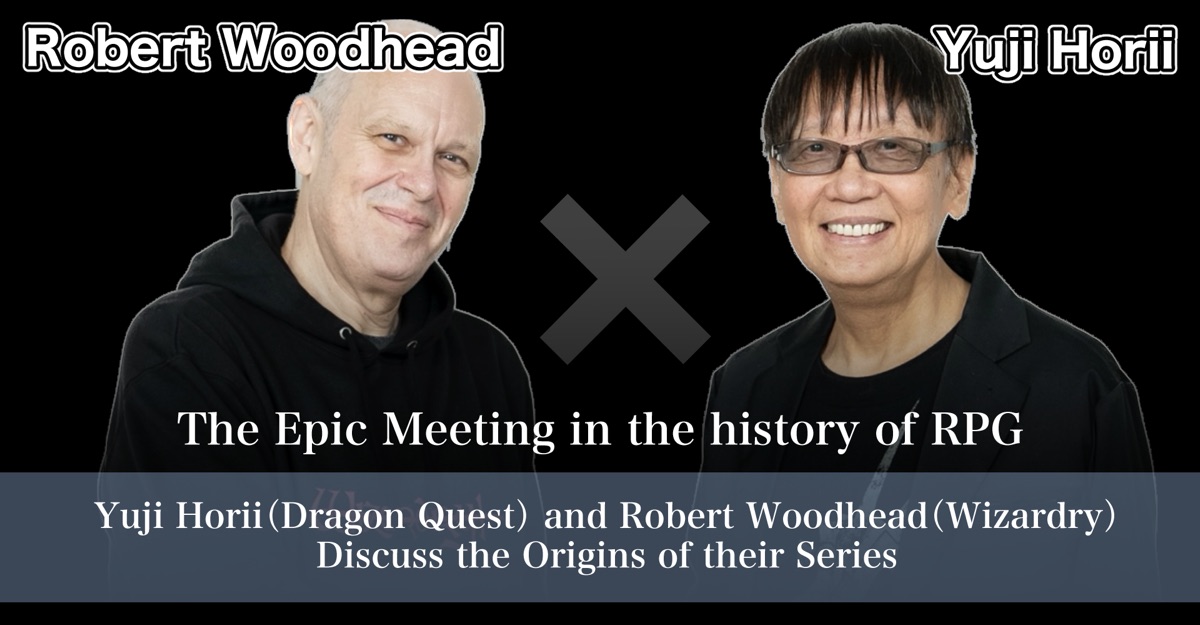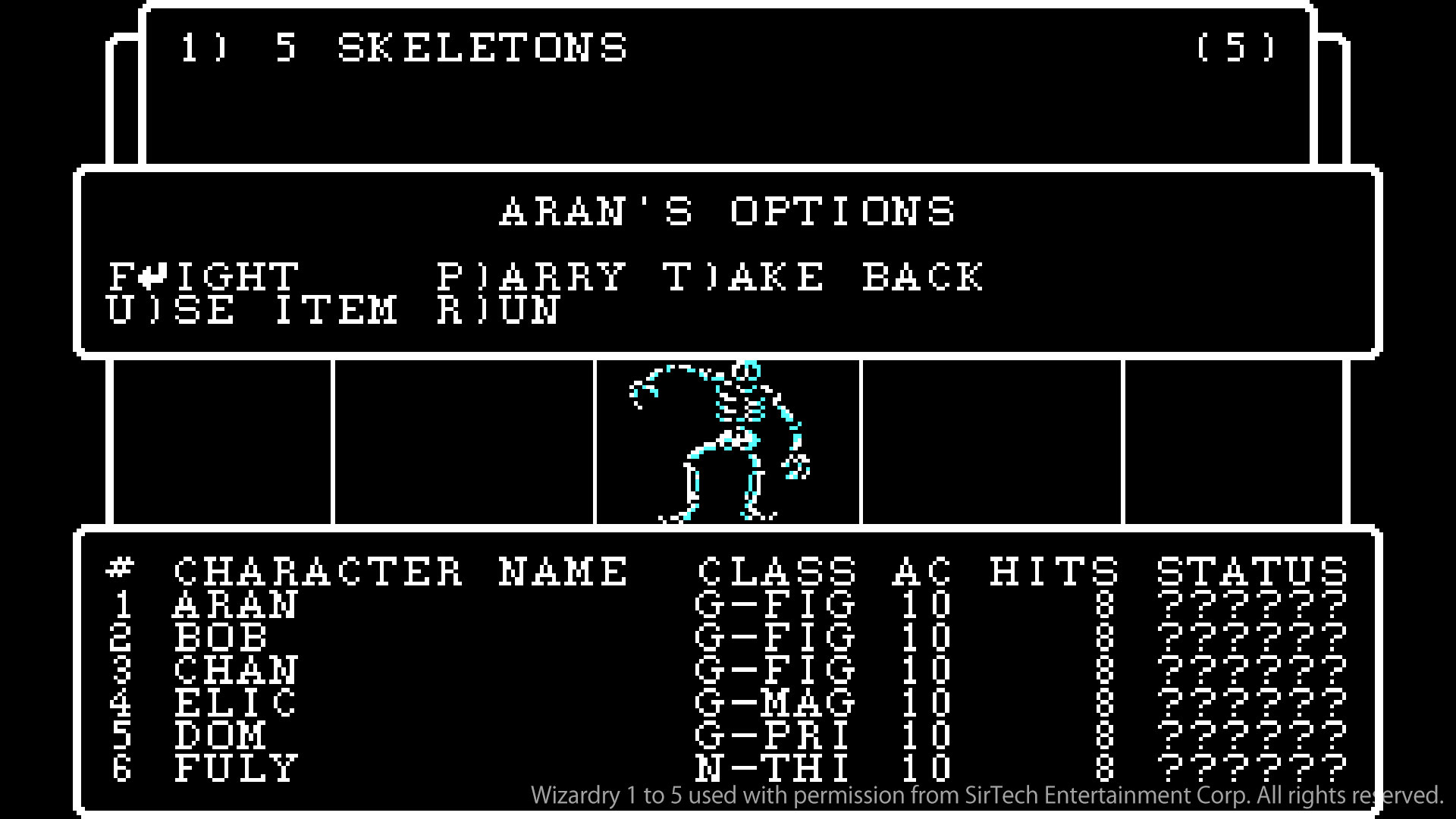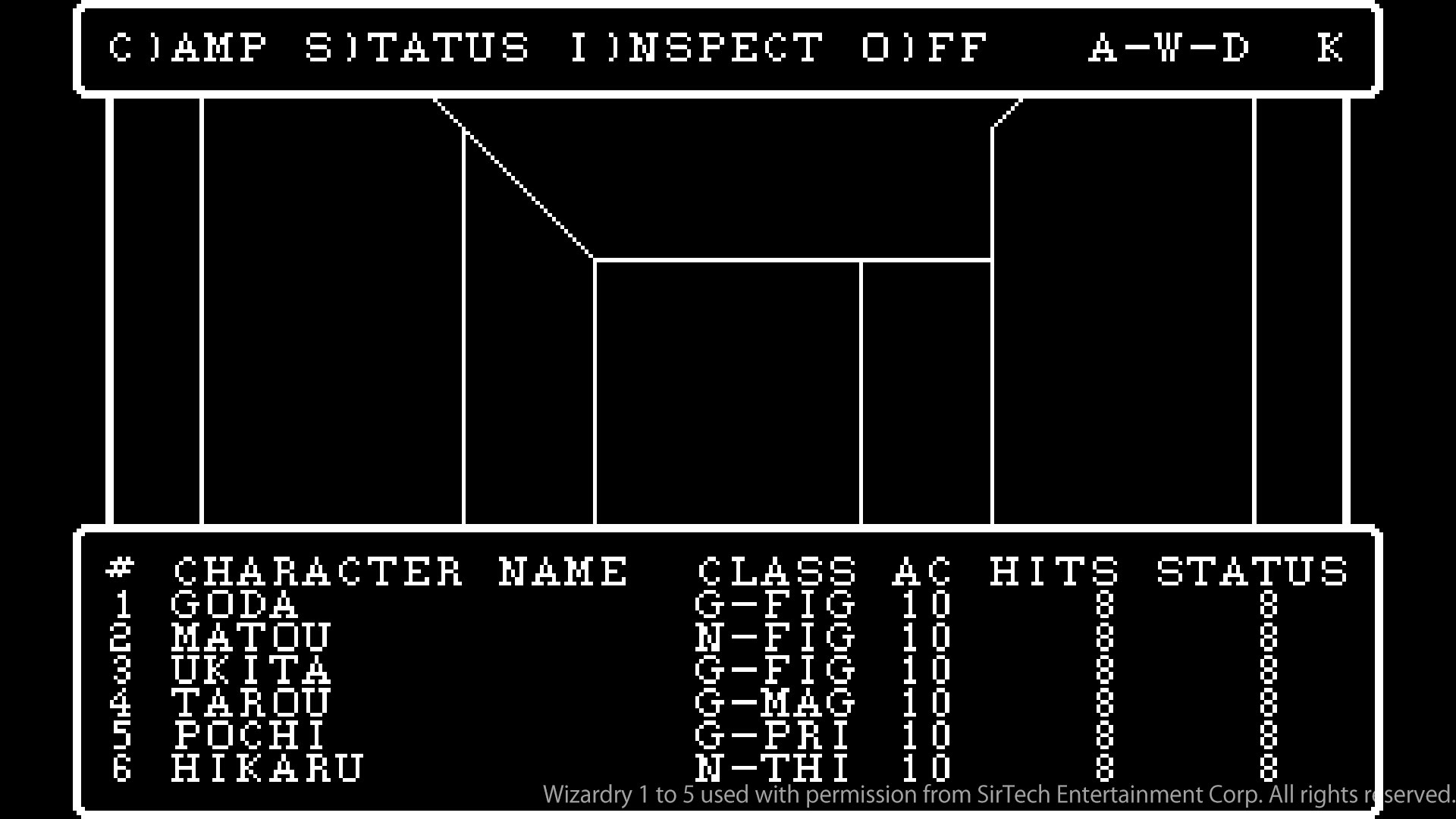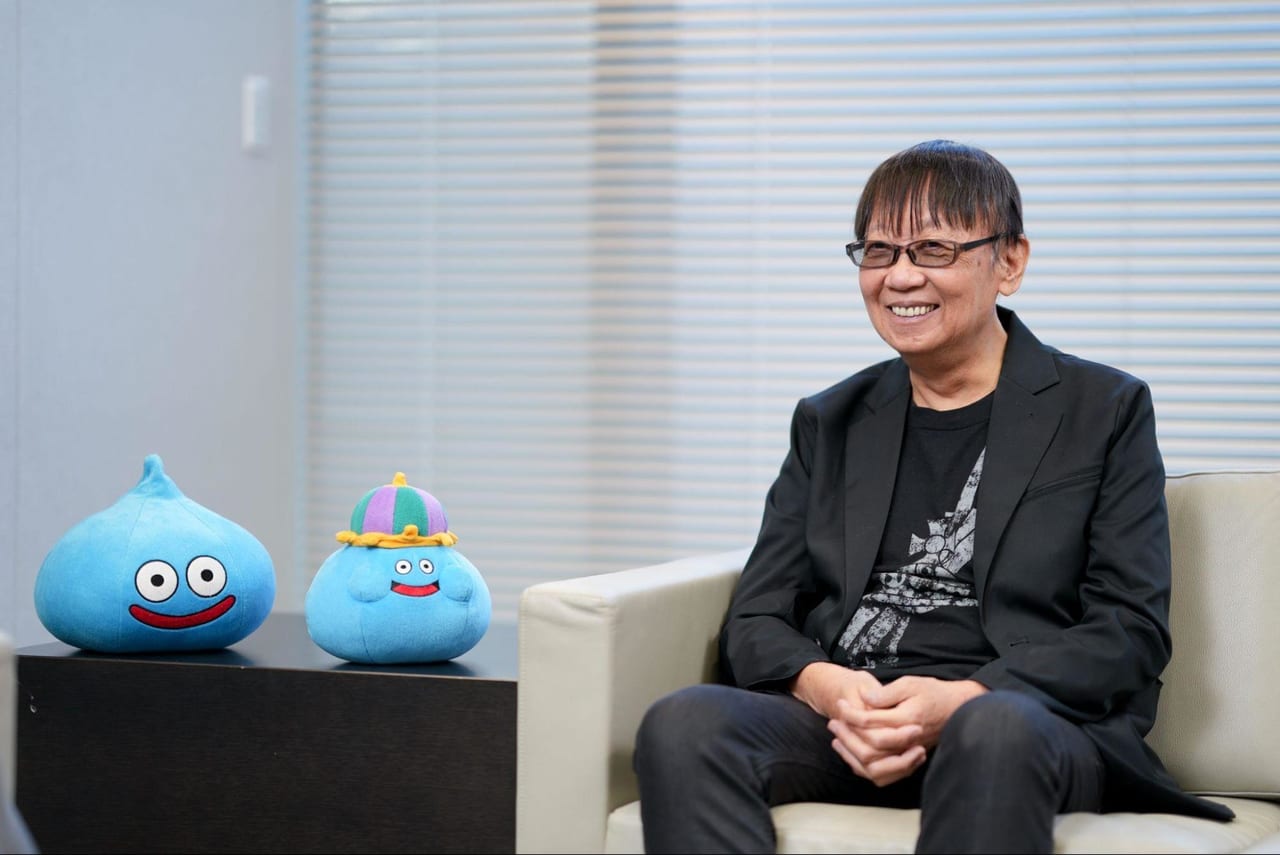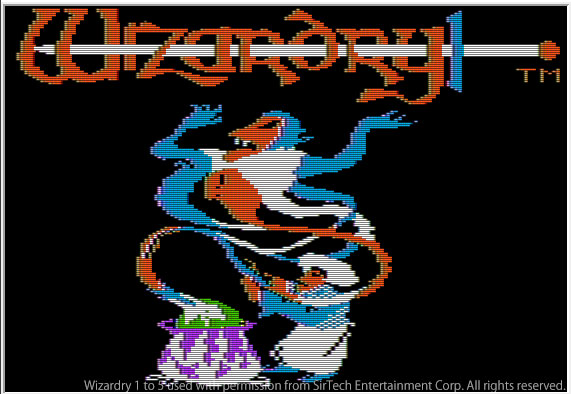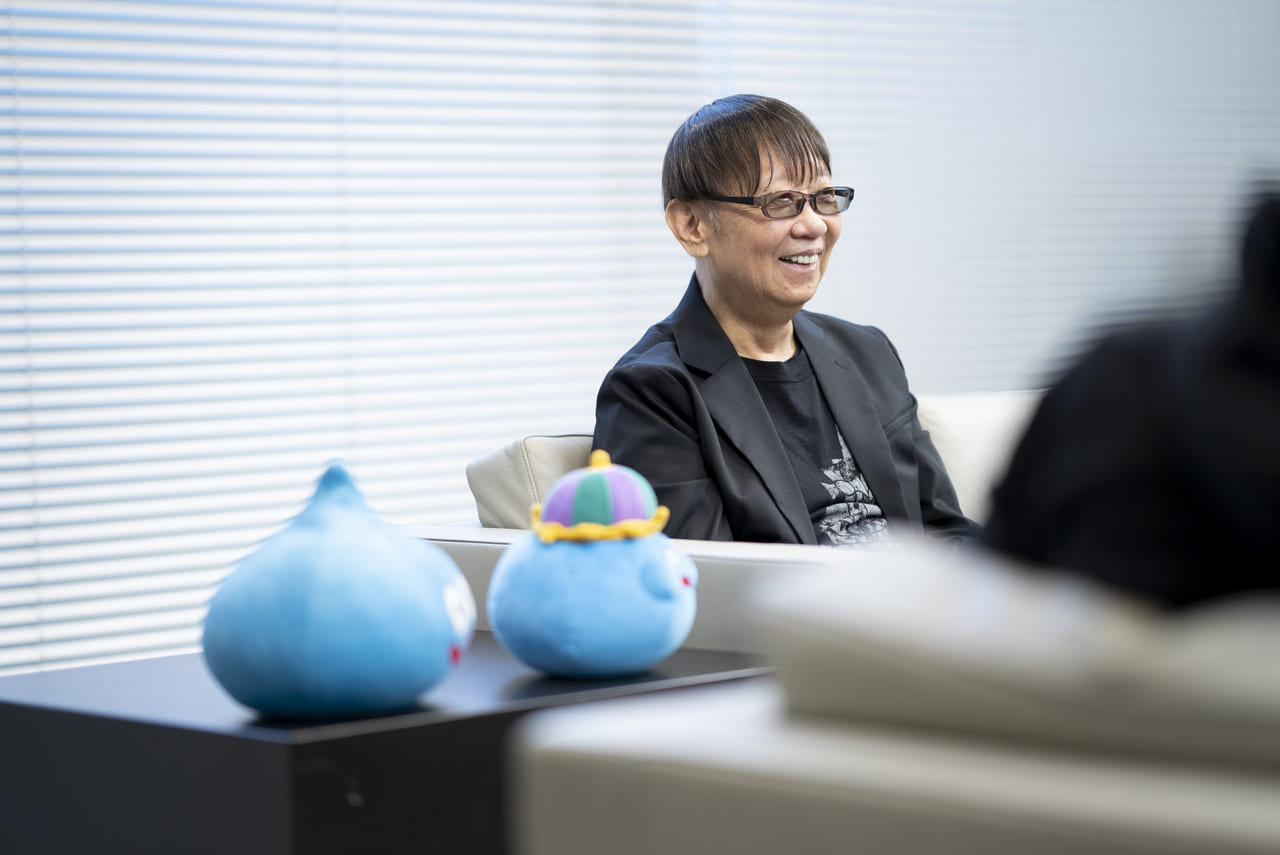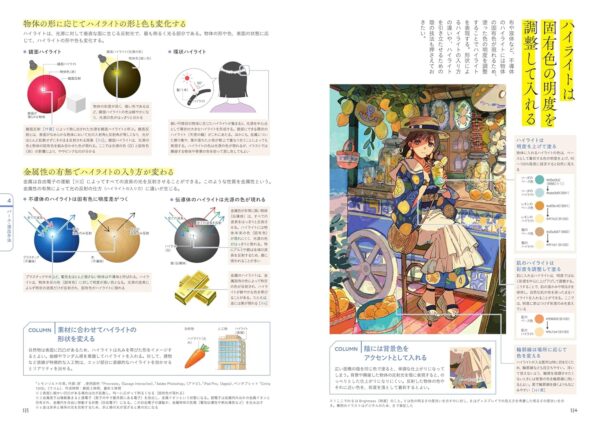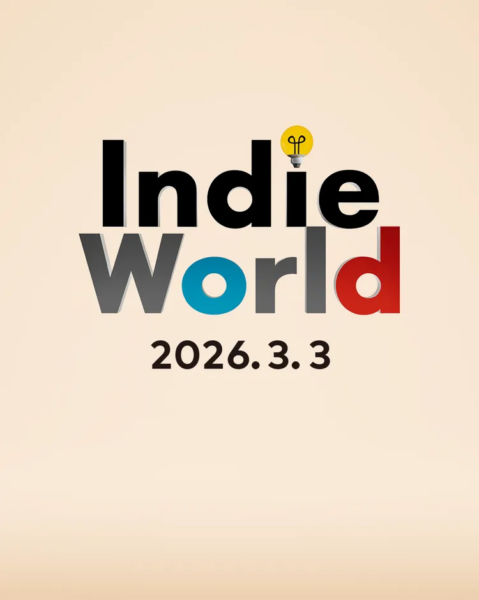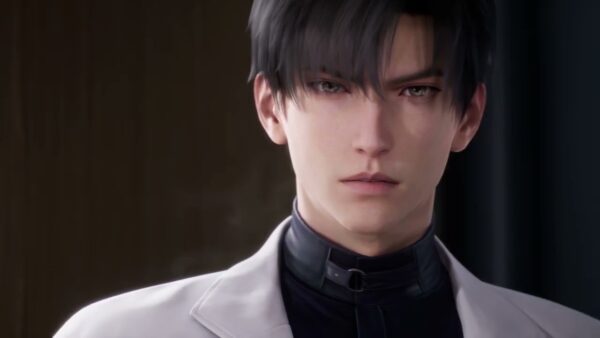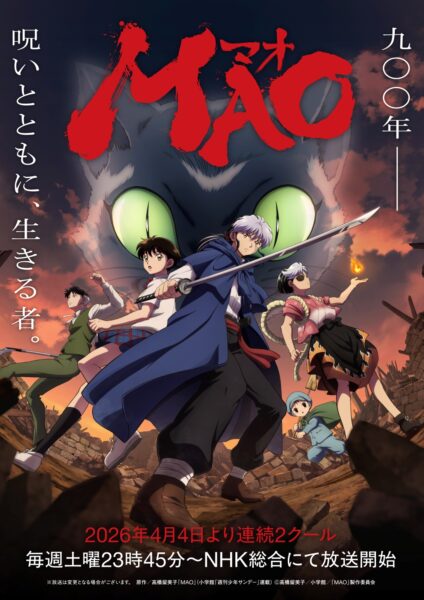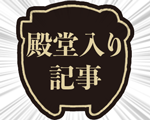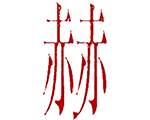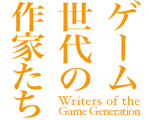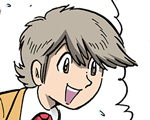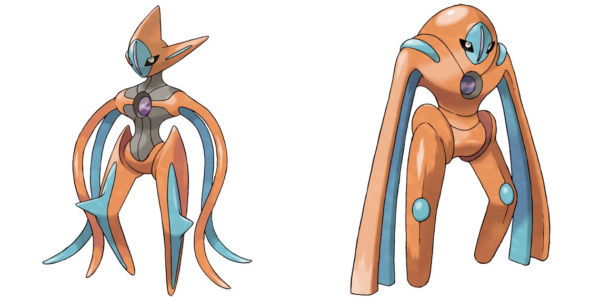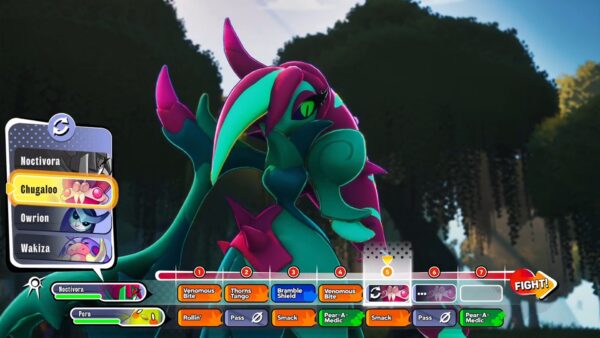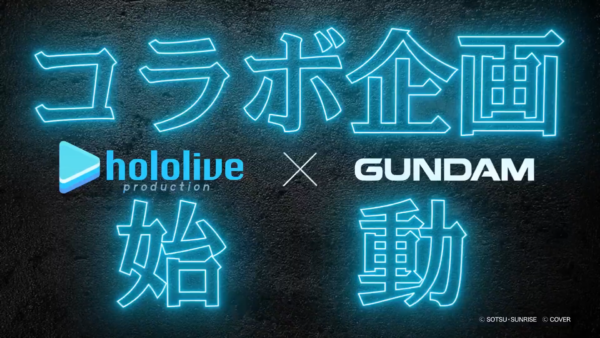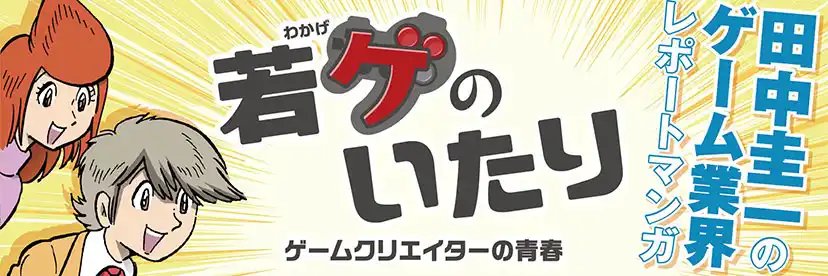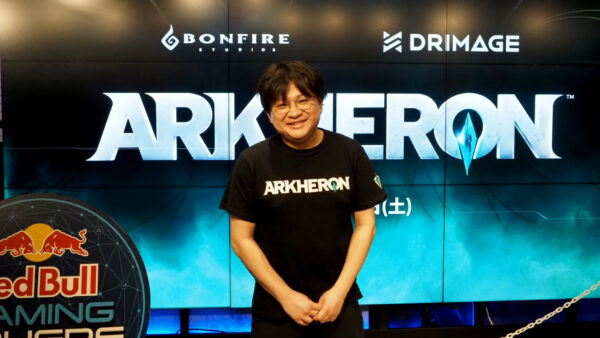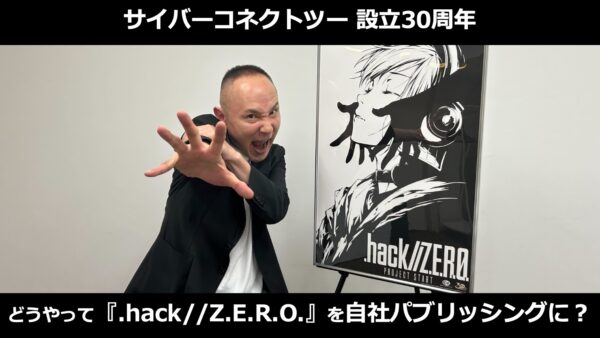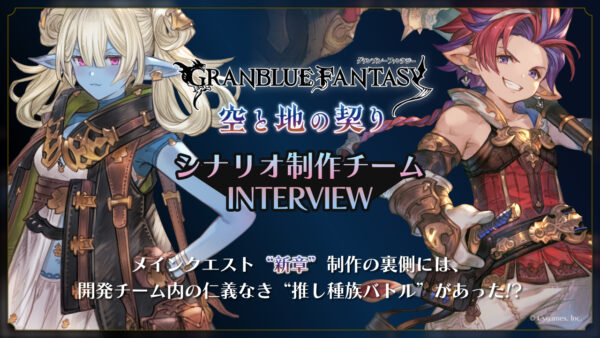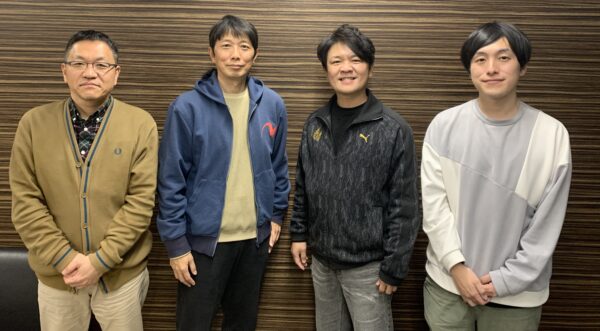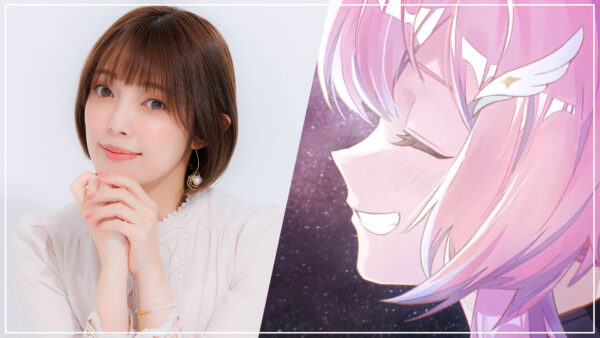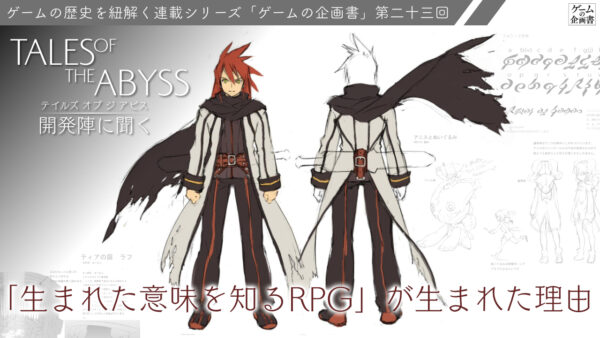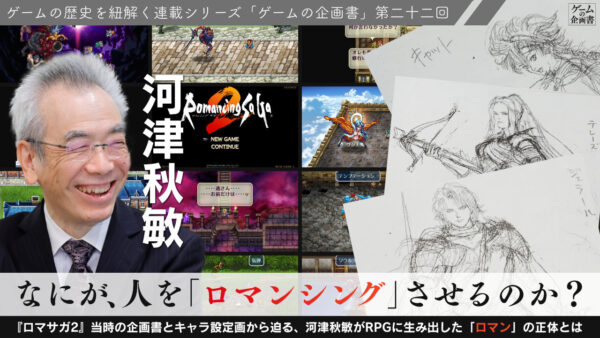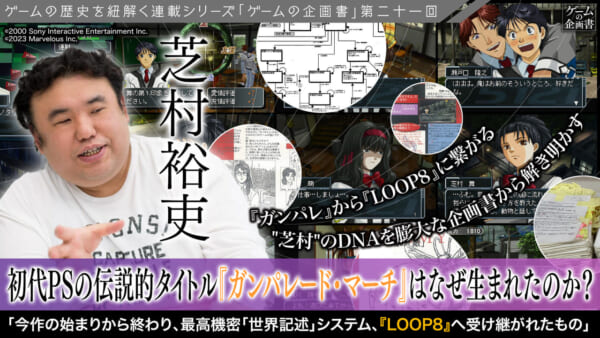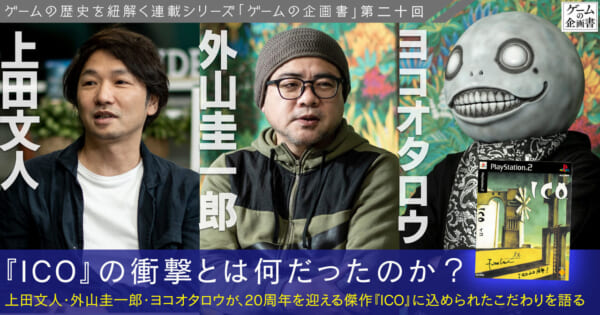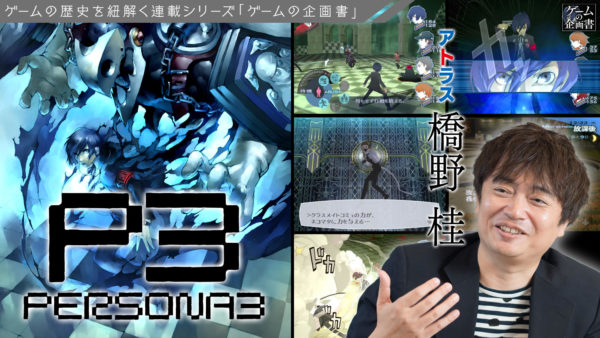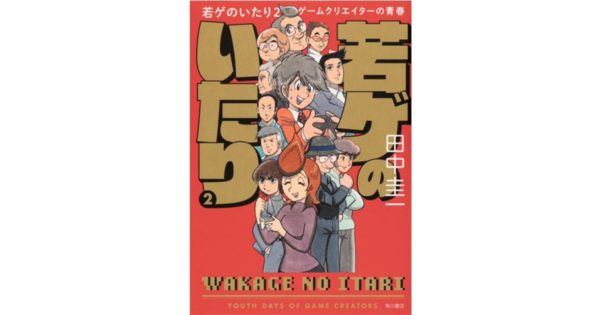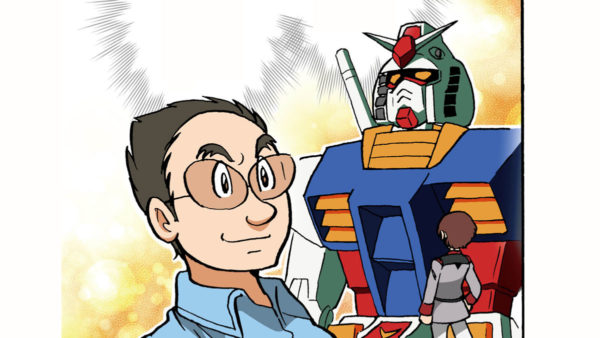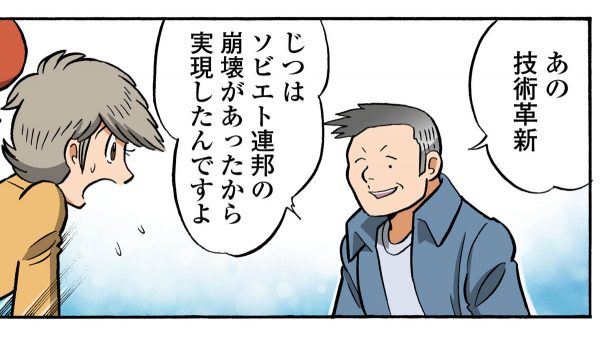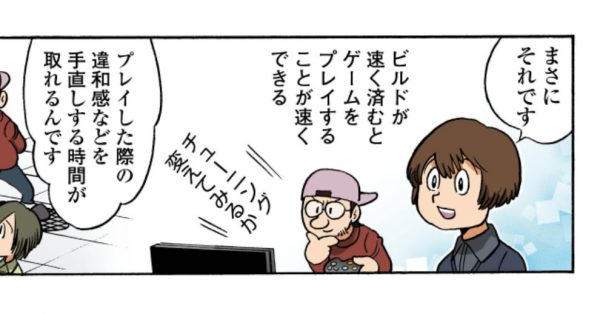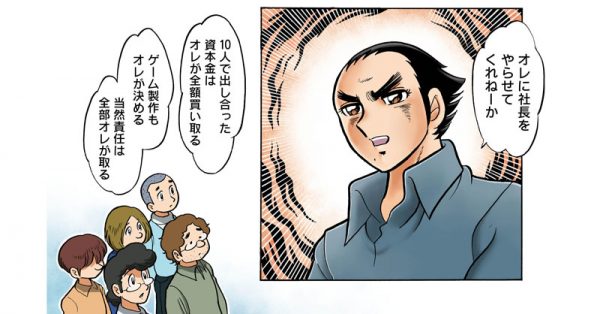Where did your RPG experience start?
Some may answer, it started from Pokemon, Final Fantasy, the “Tales” series, Persona, or Genshin… Everybody has their very own “First RPG”, but many of the Japanese players would say, it started from Dragon Quest【※1】.
※1 Dragon Quest
At the time of its release, the game series was titled “Dragon Warrior”, but it is now unified as “Dragon Quest”.
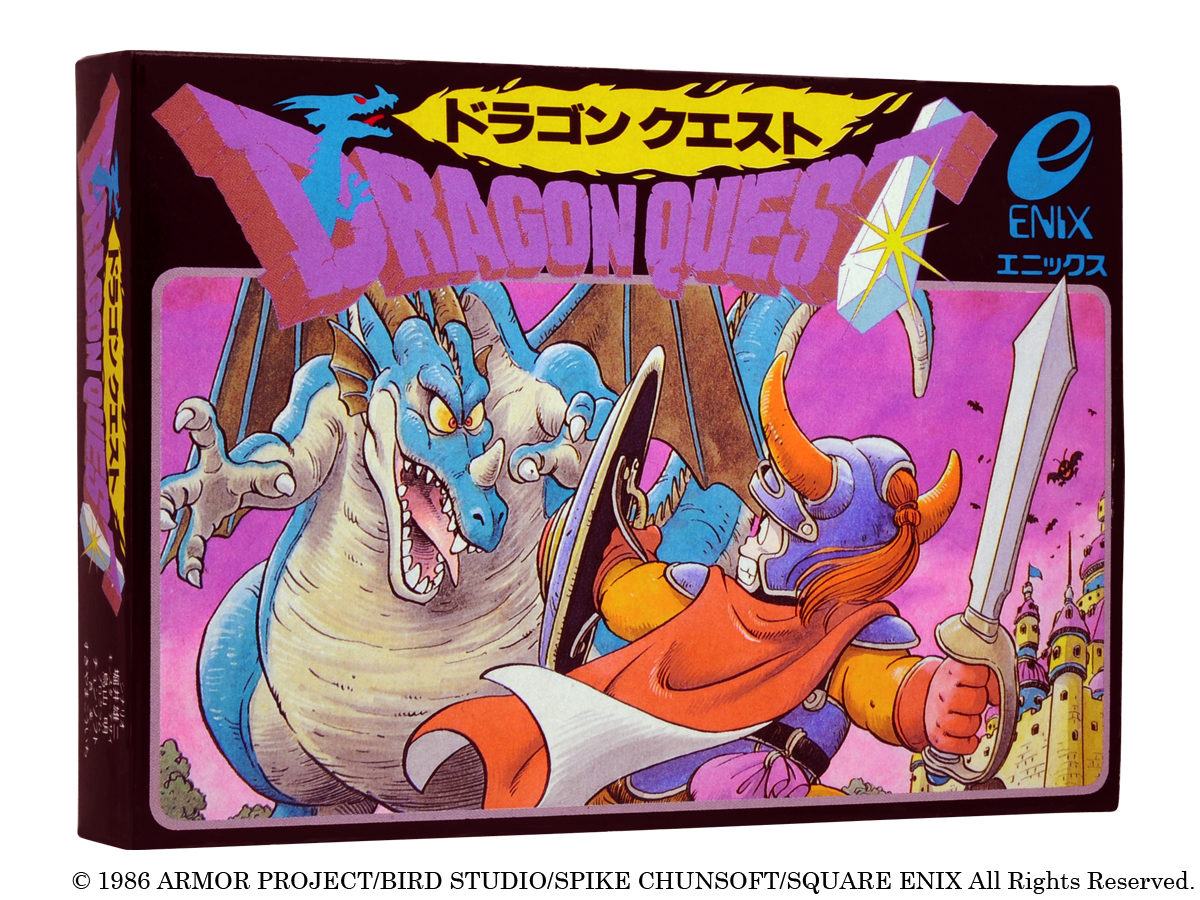
”Dragon Warrior” is the early turning point for the RPG genre in Japan. Many of the Japanese players still see Dragon Warrior as one of their very first RPG titles. Yuji Horii, one of the original creators of Dragon Warrior is very open about how he too was influenced by many other titles when making the first Dragon Warrior.
Amongst those titles were “Wizardry.” The 3D-dungeon RPG released in 1981 is known to have influenced the later titles in Japan such as “Dragon Warrior” and “Final Fantasy.” One may identify “Wizardry” as the father of computer role-playing games. Many RPG players still feel uneasy with the phrase “Oops!”, which reminds them how their party got lost within the walls.
Today, we managed to connect Robert Woodhead, the creator of Wizardry, and Yuji Horii, the creator of Dragon Warrior in a legendary meeting that any hardcore RPG fan would have dreamed of. Is this really happening?!!
なんと電ファミさんのおかげで、ウィザードリィの作者ロバート・ウッドヘッド氏と対談することが出来ました。思えば40年前、ウィザードリィにガチハマリしたが始まりでした。40年を経て、その作者のロバートさんからドラクエの感想を聞ける日が来るとは。超感激でした!電ファミさんの記事をお楽しみに pic.twitter.com/RQsvAO6Z4R
— 堀井雄二 (@YujiHorii) December 15, 2022
Yuji teaches us where Dragon Warrior started, and Robert tells us how Wizardry was made. Yuji reveals how Dragon Warrior was influenced by Wizardry, and Robert discloses why Ninja and Samurai appear in the world of Wizardry. The creators discuss what makes RPG fun.
The legendary meeting that marks a spot in the history of RPGs are all included in this article, without further ado, let’s get into the main story!
Questioner: TAITAI/Keigo Toyoda
Article: Zithmaroc
Edited: Jitsuzon
Camera: Shuji Sasaki
※This is a translation of an article written in Japanese. As such, Yuji’s comments are Japanese translated into English, and Robert’s comments are English translated into Japanese and then back into English.
“Monopolizing the adventure for your own” Yuji mentions the qualities of Wizardry
──Yuji, when you first played “Wizardry,” what was the first impression you had of it back then?
Yuji:
Hmm, where should I start with this…
It was 30 or 40 years ago, the company, Enix (current Square Enix), took me to San Francisco’s Apple Fest as a reward for winning a contest back then. That is where I first laid my eyes on “Wizardry.” I immediately bought a copy and played it after returning to Japan. And boy was I hooked on it!
I still fondly remember I used talk for ages with my colleague, Kazuhiko Torishima【※2】 about “Wizardry”. We would have a meeting where it takes around 5 minutes to talk about work, and the rest we talk about Wizardry.
※2 Kazuhiko Torishima
Known manga editor for Akira Toriyama’s “Dragon Ball” and “Dr. Slump.” It is also known within the industry that Kazuhiko introduced Akira Toriyama to the Dragon Warrior dev team as the character designer for the Dragon Warrior series.
All:
(laughter)
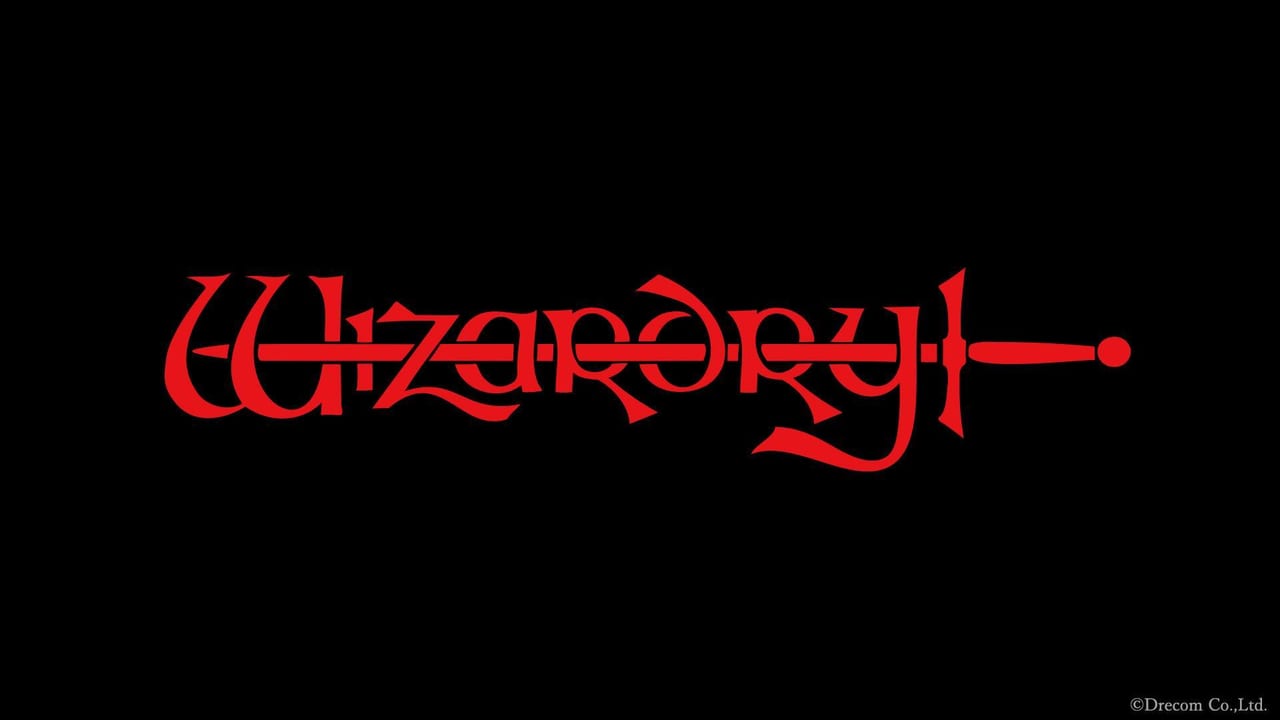 |
──From Yuji’s point of view, was Wizardry different compared to other titles at the time?
Yuji:
The concept of “fight and become stronger” was a very new and interesting concept at the time.
For a long time, my life was dominated by Wizardry after that. Before I went to bed my head was filled with thoughts like “how I should raise this character to make him into a Ninja” and “what can I do to clear that map that has no lights”. I pretty much had the laid out map of the dungeon in my head at the time.
──I can see you were quite into it. Now tell me, how did that “Wizardry” influence you when making “Dragon Warrior” and other titles?
Yuji:
The biggest influence was definitely the concept of the “Level Up” system of how one can become stronger through combat.
Also Wizardry taught me the immersion experience of making you feel like you are actually adventuring yourself, and the moment of relief when you return to the town from the dungeon was something I wanted to implement in my games.
When I was playing Wizardry, I can say I was literally experiencing it in first-person. The sensation that you are monopolizing all of the experience of the adventure of the game.
Robert:
I recently played the first “Dragon Warrior”, and I did feel some echoes of Wizardry while playing.
The player’s decision of “should I fight one more, or should I head back now?” and the moment of relief when returning to the town can be seen in both “Wizardry” and “Dragon Warrior”.
──Robert, having said that you just played “Dragon Warrior”, how was it?
Robert:
I felt the very same spirit as “Wizardry” in it.
First thing that caught my eye was the game design. Back then, when making “Wizardry” we had to fight with CPU limitations and fill it up as much as possible to the brim. I sensed the same effort was made too with “Dragon Warrior”.
──Many can say that “Wizardry” is the epoch title that influenced many other titles that came after. Robert, what were your intentions and goals when you first made “Wizardry”?
Robert:
Today people say “Wizardry” was an important game in the history of computer RPGs, but of course back then we had no idea it would be so influential.
To be honest, when making “Wizardry” one of the biggest motives was to make a game inspired by Dungeon & Dragons (D&D) and other titles. I wanted to see how it would be to run a game like that on my PC and also use it as a means to test out every possibility a computer can do.
I like to make an analogy that how one’s title influences other titles is like a chain. For example, “Wizardry” was heavily inspired by D&D which I liked very much at the time. Then Yuji made “Dragon Warrior” which was inspired by my “Wizardry”.
Each title is like a link of a chain, as the link of “Dragon Warrior” also created many other linked titles. As the chain grows, the spirit of the original link continues on even after a century, and I hope that “Wizardry” continues to influence future titles that grow on that chain.
“Dragon Warrior” started off with the concept of adding an X system on “Wizardry”?
Yuji:
When I first played “Wizardry”, it was very fun.
I would name my party members with my real life friends, and plan out how I would grow that character into. One day when I was so focused into leveling up my characters, one of my friend brought me the news that he “defeated Werdna”【※3】.
Hearing that, my first reaction was “Wha- Who’s that?”.
All:
(laughter)
※3 “Werdna”
Final boss of “Wizardry”. The name is derived from Andrew Greenberg, the co-creator of “Wizardry”.
Yuji:
As I thought ”There was such a thing as Werdna?, I immediately went to find him.
I did eventually find him, but the fight was rather anticlimactic as my party became too strong for the fight and the boss was a mere pushover.
Robert:
In games like “Wizardry”, the game system is just a framework. It is up to the players to decide what to implement into that framework, and decide how they want to expand and monopolize their own adventure.
For example, Yuji focused on his party to a point where the value of the party surpassed the value of Werdna. Games like “Wizardry” allow such freedom to players.
Yuji:
Indeed. Having played “Wizardry”, I wanted other players, especially children, to experience the entertainment in “fight to get stronger”.
Back then, Famicom was popular amongst kids, but there were many hardware limitations with that platform, it was a general consensus that it was impossible to make RPG games on Famicom. But I took that as a challenge. One of the decisions to overcome the limitation included “make a solo instead of a party” in “Dragon Warrior”.
Also I used to dream of becoming a manga writer, so I also wanted to add some manga-like storyline to the “Wizardry” game system. That was the starting point of “Dragon Warrior”.
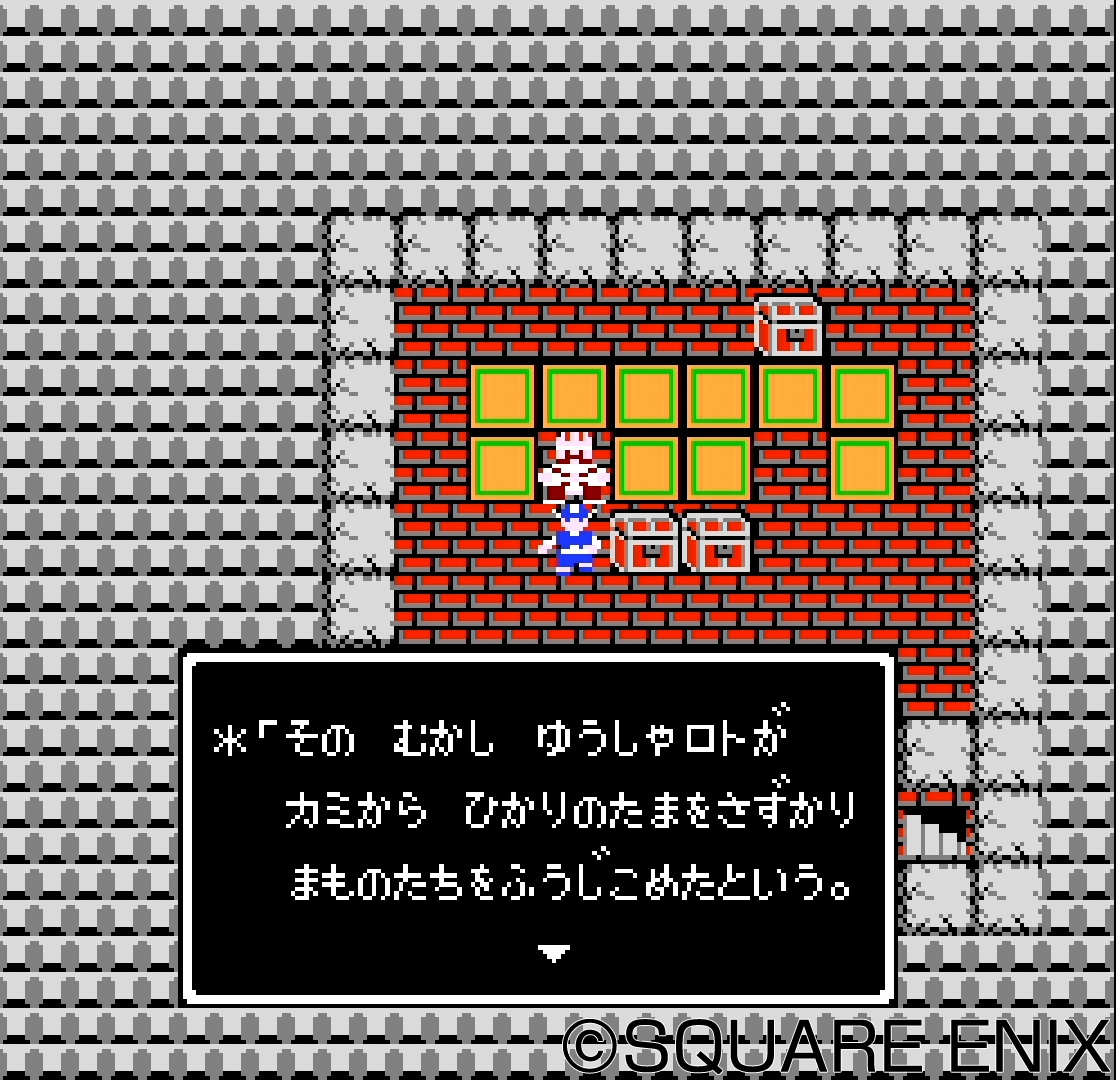 |
──Yuji, after being influenced by “Wizardry”, what were the reasons and background of deciding you would want to make games for kids?
Yuji:
It simply came from the idea that “this fun experience will apply to both adults and kids”.
To be precise, it was not aimed for kids specifically, but was aimed to be playable by adults, but at the same time intuitive enough for kids to play.
The concept of “fight to get stronger” is simple enough for anyone to understand and enjoy!
──I see. So “Dragon Warrior” was like a translation of “Wizardry” of trying to share the fun aspects of “Wizardry” to be more understandable to kids. Was there anything you took care of when doing so?
Yuji:
First off we were careful with the map. The 3D-dungeon of “Wizardry” is very interesting, but we realized it was hard for players to visualize, so we made a flat map. Also we place the boss, the Dragon King’s castle, where you can see across the river from the first town so that players can understand their goal clearly from the start of the game.
In “Wizardry” the enemies get stronger as you move down each floor. In “Dragon Warrior”, we made it so that the enemy scales for each bridge you cross since we could not have stairs on an open field flat map.
──After “Dragon Warrior” was released, many Japanese, including adults and children, started to recognize RPG as a full genre for gaming. Robert, from your point of view, how do you see this change in the history of Japanese gaming where RPGs become popular?
Robert:
Not limited to gaming, it is always great to see new changes in entertainment. With changes brings evolution, which creates new traditions.
Like how Japanese players evolved from the generation of “Wizardry” to “Dragon Warrior”, it is intriguing to witness the changes that occur in the next generation. What will the next generation based their idea from? How will they evolve this time? What new ideas and features will they implement to make it happen? What graphics will they use? Seeing all of those aspects within the “evolution of gaming” never ceases to amaze me.
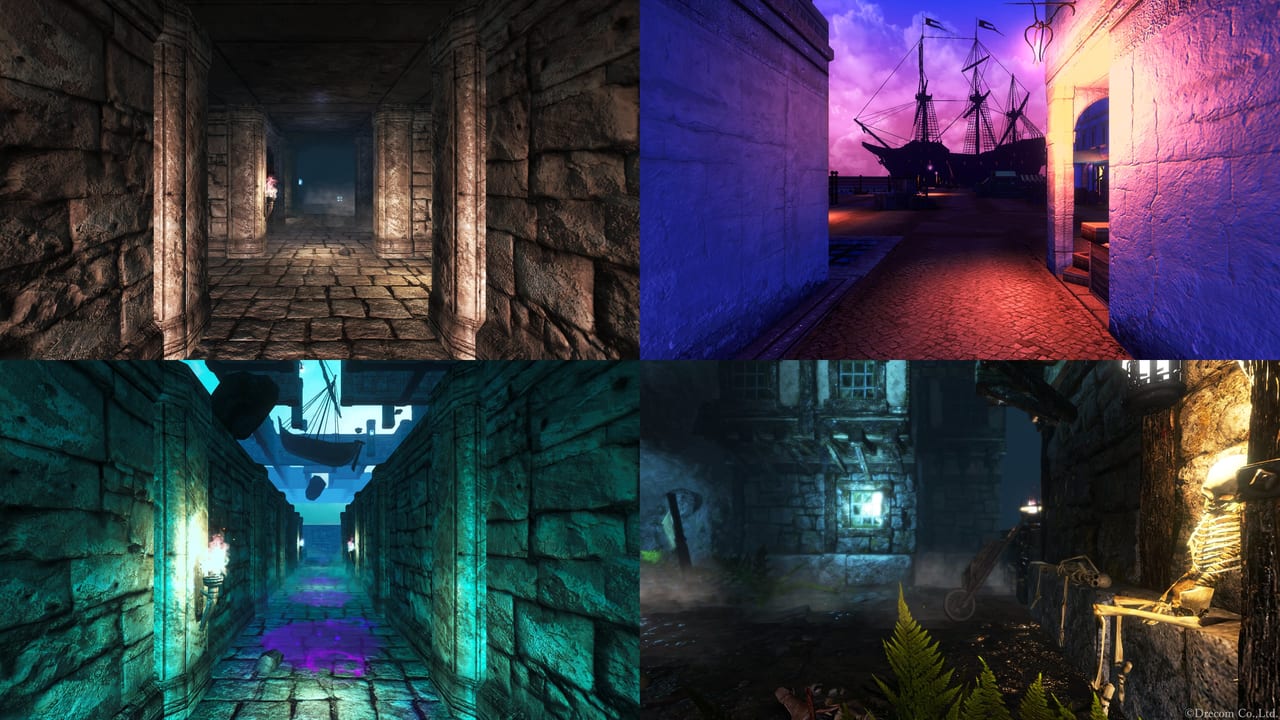
Yuji:
Even after “Dragon Warrior”, there are many new experiences like MMORPGs where you can “fight and get stronger” with everyone else.
Robert reveals how the first Wizardry had everything.
──Yuji, do you have anything you wanted to ask Robert about “Wizardry”?
Yuji:
At the time, I thought the gameplay system of “Wizardry” was very innovative.
To some degree, “Wizardry” uses something similar to a tabletop game. But unlike tabletop where you have game masters, it is the computer that does all the judgment making, which means no bias is made towards its decision.
I always wanted to ask how you derived from tabletop gaming in making a “computer RPG” game.
Robert:
Well, it pretty much was that “I was just lucky” in being able to think of and make “Wizardry”.
To elaborate more on how I was lucky, Andrew Greenberg, who did the scenario and game balancing, introduced me to his friends who did the test play of the game.
Andrew’s friends gave us various important feedback on the game balancing, which allowed us to fine tune the game play experience. That was the luckiest part.
Back then, we did not realize the importance of this fine tuning, but looking back at it now, the fine tuning based on the feedback was what made the first “Wizardry” in such a completed form.
Yuji:
I agree. “Wizardry” was perfect from the start.
Changing classes, party system, monster variations, 3D-dungeon designs, it was a fully completed game.
Robert:
The development of the first “Wizardry” was like exploring a dungeon. We had no clue where we were in the darkness, so we had to explore carefully each step.
We had no baseline to look up to, so we had to cram everything we thought it was “a good idea”. Bluntly said, that was the only thing we could have done in that darkness of development.
Yuji:
I also thought the “experience” system was fabulous. Experience and level ups are very common now, but back then there were no other titles with such progression systems.
You have a party of six, and one of them levels up, hinting that someone else must be close to leveling up, so you work towards that character’s level. By the time you notice, you have lost the timing to pause the game.
──Yuji, on what platform did you play “Wizardry” on?
Yuji:
The platform I played it on the most was the first “Wizardry” on Apple2. I played it everyday, and even drew the entire map on graph paper. By the time the Famicom version of “Wizardry” was released, I was too busy with the development of “Dragon Warrior” unfortunately.
Why did “Dragon Warrior” take several steps in order to tell how fun “Wizardry” is?
──Many “Dragon Warrior” fans heard the story that “Dragon Warrior” took steps in translating the fun aspects of “Wizardry” in each of the “Dragon Warrior” sequels. For example, the first “Dragon Warrior” was a solo adventure, while “Dragon Warrior II” introduced the party system, and in “Dragon Warrior III” introduced a character creation system at the tavern, similar to the one from “Wizardry”. Could you elaborate more on why it took several steps?
Yuji:
Honestly we wanted to make something like “Dragon Warrior III” from the start. But at the time, the hardware limitations of Famicom did not allow us to, so we had to stick to a solo player for the first one.
Looking back at it now, I think that gradual addition was actually good for the players. If players played “Dragon Warrior III” from the start, I think the players at the time were not ready for a complete character creation system.
The players needed to get used to the basic RPG system starting from a solo party of “Dragon Warrior I”, then get familiar with forming a party in “Dragon Warrior II” and so on in small steps.
Robert:
When I played “Dragon Warrior”, what I felt was well made was the NPC dialogues. Considering most games at the time did not have much NPC dialogue, so “Dragon Warrior” really stood out with its well thought lines of each NPC>
On the flight to Japan, I was playing “Dragon Warrior” and I really liked the humor of each NPC dialogue. I had to hold my laughter during the entire flight.
Yuji:
As mentioned before, I wanted to become a manga writer. So in various parts of the dialogue in “Dragon Warrior” uses a manga-like sequence and humor based on my manga experience.
In that sense, I guess I too was lucky. It matched with the trend at the time, and also Famicom was very popular at the time.
──By the way, which NPC dialogue made you laugh, Robert?
Robert:
Umm… you know, the special service given at the bathhouse.
Yuji:
Ah, the “Puff-Puff” one.
──Just out of curiosity. “Dragon Warrior” is known for the rather cute monster designs which contributes to the series’ popularity. Generally I think it is rather rare to design monsters cutely in a global sense. Robert, from your point of view how do you perceive monsters having cute designs like in “Dragon Warrior”?
Robert:
Japanese culture puts a lot of emphasis on cuteness or should I say “kawaii”. So I think “Dragon Warrior” takes many aspects from its culture.
Yuji:
”Kawaii” is now a globally accepted word is it not?
Robert:
When playing the English version of “Dragon Warrior”, I also noticed that the localization was perfect.
Like many of the “Dragon Warrior” monster names, it is a word play in Japanese. But the localization did a great job of recreating the similar humor in the target language. I did feel that the localization team put a lot of effort into it.
Yuji:
Indeed, the localization team did a great job on that part. They did everything to translate the difficult Japanese humors and puns in their own language and culture.
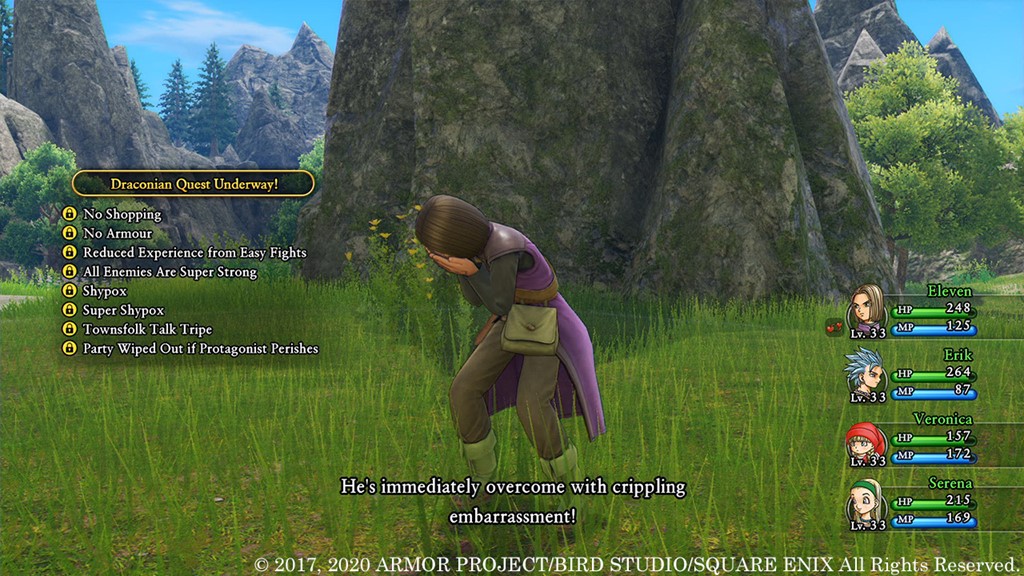 |
